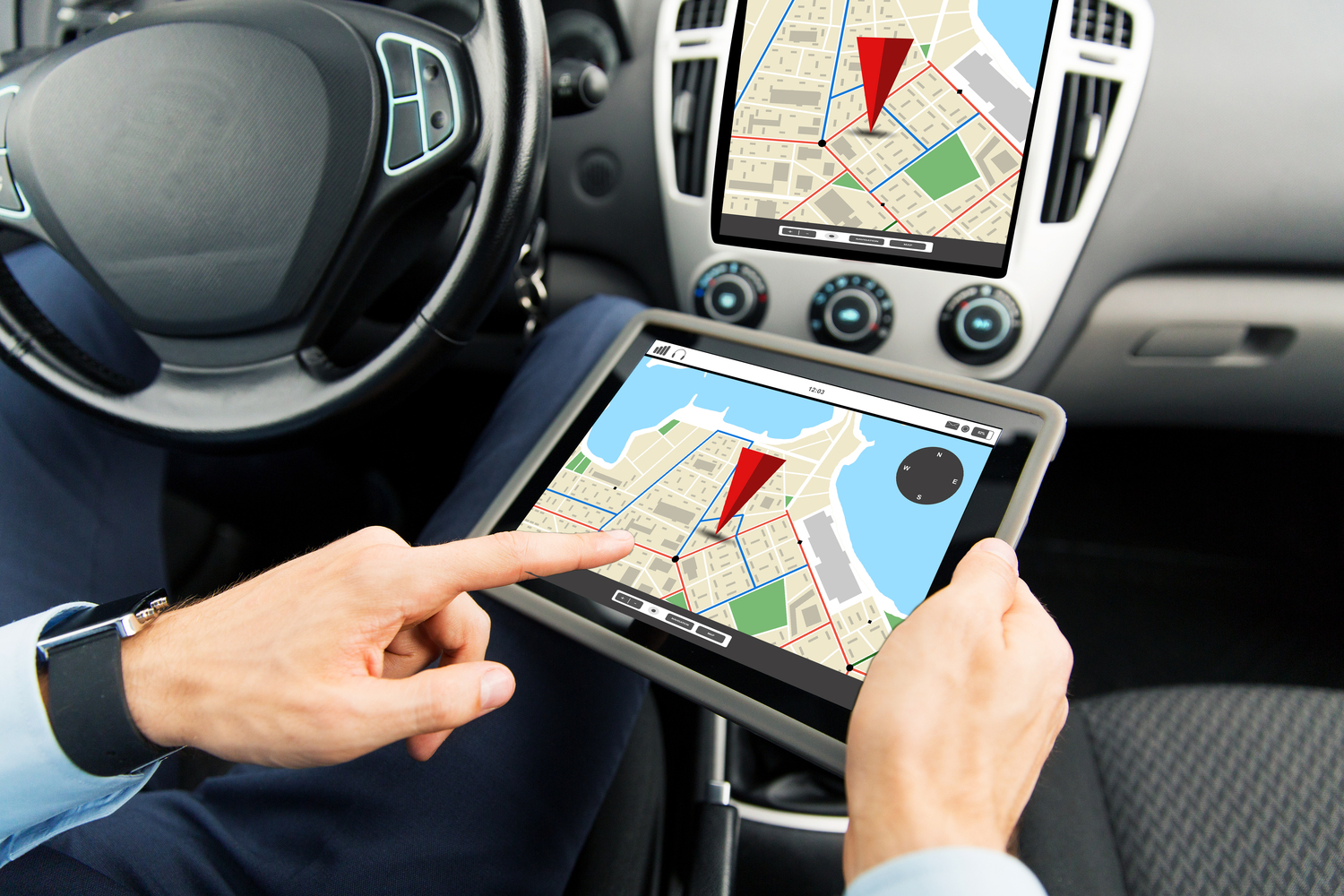
The Benefits of GPS Tracking Technology
In today’s fast-paced world, businesses and individuals alike are constantly seeking ways to streamline operations, improve security, and cut costs. One technology that has become indispensable in achieving these goals is GPS tracking. GPS tracking technology has evolved over the years and is now used for a wide range of applications, from vehicle tracking to asset management. In this article, we will explore five key benefits of GPS tracking technology:
1. Theft recovery
One of the most significant advantages of GPS tracking technology is its ability to aid in theft recovery. Whether it’s a stolen vehicle or valuable assets, GPS trackers provide real-time location information, making it easier for law enforcement to track down and recover stolen items. The rapid response enabled by GPS tracking not only increases the likelihood of recovery but also serves as a strong deterrent to potential thieves. As a result, the risk of theft decreases significantly, offering peace of mind to individuals and businesses.
2. Improved safety
Safety is a paramount concern, especially when it comes to managing a fleet of vehicles or ensuring the well-being of loved ones. GPS tracking technology enhances safety by allowing real-time monitoring of vehicles and assets. This ensures that drivers are following safe routes, adhering to speed limits, and maintaining responsible driving behavior. In the event of an accident or emergency, the GPS system can quickly pinpoint the exact location, expediting the response time of emergency services and potentially saving lives.
3. Increased productivity
For businesses with fleets of vehicles or mobile workforces, GPS tracking technology plays a pivotal role in increasing productivity. Real-time tracking provides valuable insights into route optimization, reducing unnecessary detours and idle time. Businesses can also monitor the performance and efficiency of their employees, ensuring that they are making the best use of their time. Additionally, automated reporting and data analysis help in identifying areas where improvements can be made, leading to more efficient operations and better customer service.
4. Minimal fuel costs
The cost of fuel is a significant expense for both individuals and businesses. GPS tracking technology helps reduce fuel costs by promoting fuel-efficient driving habits. Real-time tracking allows businesses to monitor factors like excessive idling, aggressive driving, and inefficient routes. By addressing these issues, they can cut down on fuel consumption and related costs. Furthermore, businesses can implement geofencing to prevent unauthorized vehicle use, which can lead to fuel wastage. Over time, these fuel-saving measures can have a substantial positive impact on the bottom line.
5. Lower operating costs
GPS tracking technology contributes to overall cost reduction in several ways. As discussed earlier, it reduces fuel costs, which is one of the most significant operating expenses. Additionally, businesses can lower maintenance costs by implementing preventive maintenance schedules based on real-time data. This approach minimizes breakdowns and extends the lifespan of vehicles and equipment. Furthermore, GPS tracking technology can reduce insurance costs for businesses and individuals, as it serves as a theft deterrent and promotes safer driving practices. By lowering both direct and indirect operating costs, GPS tracking technology provides a substantial return on investment.



